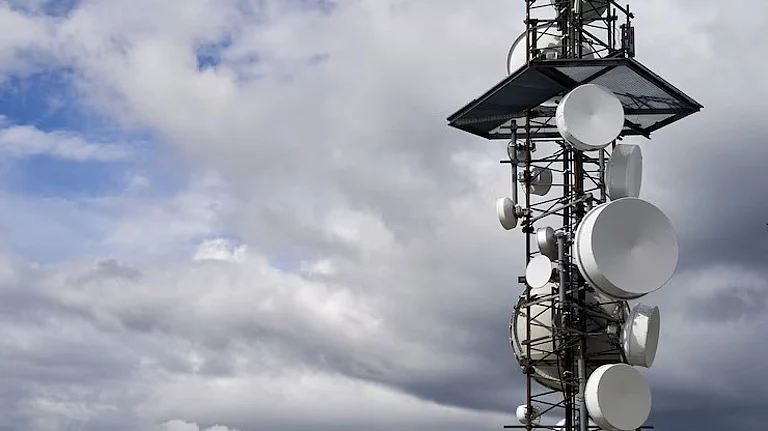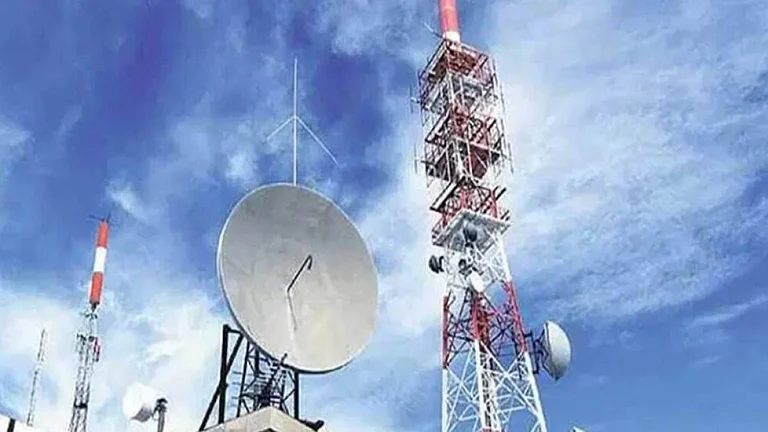x The industry on Tuesday said the new telecom Bill introduced in the Lok Sabha is progressive and forward-looking, and marks groundbreaking reforms by streamlining India's licensing landscape.
Leading voices of telecom industry, including Bharti Airtel MD and CEO Gopal Vittal, and Vodafone Idea CEO Akshaya Moondra, lauded various provisions of the Bill, especially those related to security provisions, right of way, and simplification of licensing among others.
"I would like to warmly compliment the government for introducing a progressive and forward-looking Telecommunications Bill in Parliament. The Bill suggests groundbreaking reforms by streamlining India's licensing landscape," Vittal said.
He said the Bill aims to simplify the current "convoluted system" that includes various types of licensing (license, registration, permission), into a "more cohesive and efficient" authorisation-based regime.
"The seminal spectrum reforms initiated in 2021 eliminated SUC for future spectrum assignments and provided the option of moratorium of past spectrum dues and annual spectrum roadmap. These reforms have gained further momentum under the proposed Telecommunications Bill 2023," he said.
The proposed legislation ensures predictability and availability of spectrum covering aspects such as harmonisation and trading/leasing/sharing. This, he said, will lead to the creation of a robust digital infrastructure and increased penetration of services, benefitting all Indians.
The captains of the telecom industry also appreciated the reforms related to Right of Way (RoW).
"The proposed reform on RoW is yet another seminal move that is set to accelerate the rollout of telecom infrastructure, including 5G in the country. The move will provide the necessary enforceability of central RoW rules at the local level," Vittal said.
The provisions related to public and private property, common ducts further instill confidence in the industry for faster rollout, he added.
According to him, another pivotal reform involves the restructuring of penalties, as the government simplifies the penalty framework regime under the proposed Bill.
This will be achieved through a tiered system of graded penalties proportionate to the breach.
"The introduction of a voluntary undertaking and an appeal process within the government aims to mitigate litigations thereby promoting more efficient resolution of disputes," he said.
Vittal said the government has rightfully retained oversight of telecom networks from a sovereign security perspective, a requirement integral to India's telecom licences over the last two decades.
Vodafone Idea CEO Akshaya Moondra described the Telecommunications Bill, 2023, as a watershed moment in the telecom reform process and said it reaffirms the the government's commitment to provide Indian telecom with a future-fit framework that helps achieve the growth aspirations of new India.
"The Bill carries several forward-looking provisions that will help deliver the benefits of digital connectivity to all our citizens. We warmly welcome the rationalisation of penalties and the legal enforceability of right of way provisions, a long-standing request of the industry," he said.
Security of telecom networks is paramount, and the Bill recognises telecom as critical infrastructure and prescribes punitive consequences for those who damage it, he said.
"By highlighting the duties of users, the Bill puts equal responsibility on consumers to meet the requirements of national security," he said.
Tony Verghese, Partner of JSA Advocates & Solicitors, said the Bill is "inclusive" while according utmost importance to security interests of the country.
The Internet and Mobile Association of India (IAMAI), the representative body of nearly 600 internet firms and start-ups, described the Bill as progressive "especially since internet companies have been decisively kept out of the ambit of the final version of the Bill".
"IAMAI had recommended that the ambit of the Bill be limited to the network layer, thereby excluding the application layer. The time-tested distinction between telecom spectrum controlling entities (which are regulated) and spectrum using companies should be maintained as it has been the basis that has allowed innovation and deeper penetration of the internet in India," IAMAI said.
The All India Fixed Internet Service Providers Association (AIFISPA) also supported the Bill, terming it a step in the right direction.
AIFISPA President Sunil Yajaman said the bill accords highest priority to national interests and digital security while promoting and recognising the needs of the industry.
"AIFISPA is confident that the government will encourage fixed broadband service providers through license fee exemption aligning with these impactful telecom policy interventions," Yajaman said.
The government on Monday introduced a new telecom Bill in the Lok Sabha, which seeks to allow the authorities to temporarily take control of telecom services in the interest of national security, provide for a non-auction route for allocation of satellite spectrum and drop OTT in the definition of services.
The Bill was introduced in the lower House by Communications Minister Ashwini Vaishnaw amid a din over the Opposition demanding a statement by Home Minister Amit Shah on the Parliament security breach issue.


























.jpg?w=200&auto=format%2Ccompress&fit=max)




